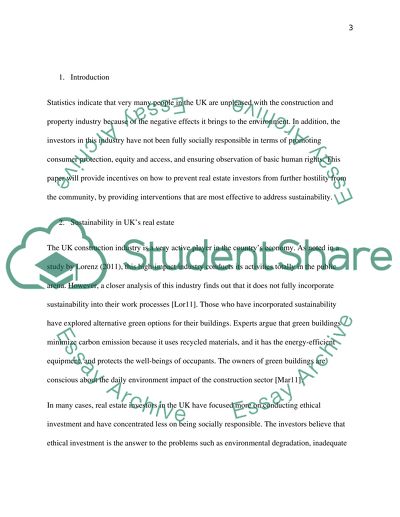Cite this document
(“Issues in Real Estate/Planning Essay Example | Topics and Well Written Essays - 2500 words”, n.d.)
Issues in Real Estate/Planning Essay Example | Topics and Well Written Essays - 2500 words. Retrieved from https://studentshare.org/miscellaneous/1689622-issues-in-real-estateplanning
Issues in Real Estate/Planning Essay Example | Topics and Well Written Essays - 2500 words. Retrieved from https://studentshare.org/miscellaneous/1689622-issues-in-real-estateplanning
(Issues in Real Estate/Planning Essay Example | Topics and Well Written Essays - 2500 Words)
Issues in Real Estate/Planning Essay Example | Topics and Well Written Essays - 2500 Words. https://studentshare.org/miscellaneous/1689622-issues-in-real-estateplanning.
Issues in Real Estate/Planning Essay Example | Topics and Well Written Essays - 2500 Words. https://studentshare.org/miscellaneous/1689622-issues-in-real-estateplanning.
“Issues in Real Estate/Planning Essay Example | Topics and Well Written Essays - 2500 Words”, n.d. https://studentshare.org/miscellaneous/1689622-issues-in-real-estateplanning.


